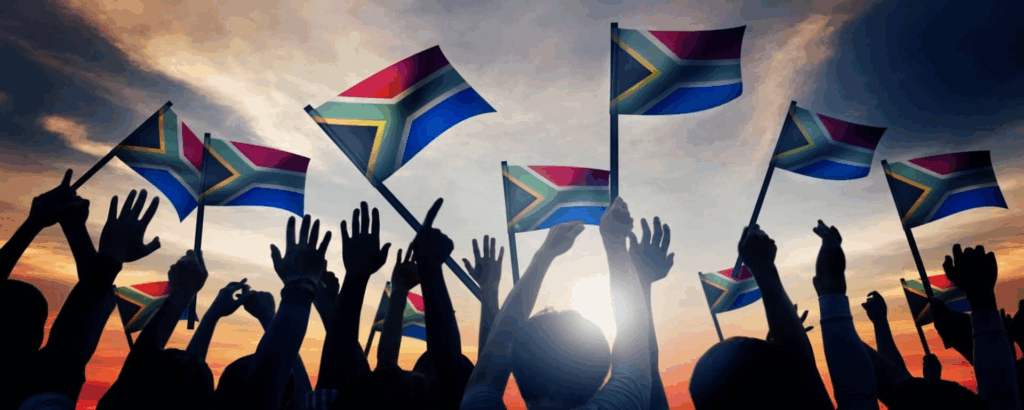Starlink says it has respect for South Africa local laws amid license hurdle

Starlink has expressed its dedication to obtaining an operating licence in South Africa in light of its ongoing hurdle with the country’s black empowerment laws. The Elon Musk-owned satellite internet provider made an attempt to reposition “misleading claims” of its antagonistic view of South Africa’s local laws.
In a letter signed by Ryan Goodnight, senior director of market access at Starlink, to South Africa’s Trade, Industry, and Competition Minister Parks Tau, the company explained that it remains committed to investing in the country and is ready to launch at the absence of laws requiring the company to sell shares in its local licensee to South African investors.
For a while now, Starlink’s launch in the country has stalled owing to licensing rules crafted by the communications regulator Icasa, where foreign companies must divest 30 per cent of their equity to historically disadvantaged persons.
In the letter dated 14 June 2025, acquired by TechCentral, Goodnight explained that contrary to circulating misleading claims, Starlink has never sought an exemption from B-BBEE (broad-based black economic empowerment) rules, and has never asked for any special treatment.
“It is unfortunate that this narrative is being perpetuated, in our view, because Starlink supports a level playing field for the entire sector, not just specific operators,” he added.

According to the letter, Starlink has been interested in providing high-speed internet to South Africa since it first deployed its constellation and began the service. The satellite provider highlighted its commitment to providing the service as a legally compliant company across the world.
Also, Starlink stressed that the reason it is yet to launch in South Africa is because of Icasa’s licence regulations that all licence holders must be 30 per cent locally owned. “As you are aware, Starlink is a global system, and we must retain sole ownership of all our subsidiaries for operational purposes. This is true in each of the nearly 150 countries, territories, and other markets where we are licensed and providing service today,” it noted.
In addition, Goodnight said that the Electronic Communications Act and the B-BBEE ICT sector code already made alternative provisions to meet ownership requirements, including through EEIPs (equity equivalent investment programmes), where such programmes are ongoing in a range of other industries.

Starlink’s push for implementation of equity equivalent
Communications Minister Solly Malatsi proposed amending the rules to allow foreign companies like Starlink to enter South Africa without sharing ownership. He noted that the plan addresses a gap in the regulations and would give foreign companies two options to enter South Africa: either black ownership or an “equity equivalent” scheme, including investing in areas such as education and skills development.
The Minister recently published a draft policy direction to Icasa, where he is seeking to give effect to the equity equivalence plan. Malatsi noted that any decision to license Starlink rests with Icasa, an independent regulator, and not with his office.
“The problem lies in that Icasa’s licensing regulations are not appropriately aligned with the B-BBEE ICT sector code. Said another way, the law already supports what Icasa’s regulations do not. This is why Starlink welcomes the recent policy directive from the minister of communications, which calls on Icasa to correct the misalignment between its licensing regulations and the underlying B-BBEE laws,” Goodnight said.

He further explained that if Icasa allows companies to utilise EEIPs, as envisioned by the B-BBEE Act, Starlink would immediately apply for its necessary licences in South Africa and work as quickly as possible to provide high-speed internet service across the country, especially for its effective in rural areas.
“Today, millions of children are being denied access to education resources because South African broadband networks do not extend to the most rural parts of the country. This is a problem we want to help solve,” he added.
Under the equity equivalent scheme, Goodnight affirmed that the satellite internet provider would provide 5,000 rural schools with fully funded Starlink kits and service, with the necessary support.
Recently, the company appealed to South Africans who had registered their interest in the service on its website to support the communications minister’s equity equivalents policy direction for the ICT sector.
While the wait on Starlink’s launch in South Africa continues, the SpaceX-owned service launched in the Democratic Republic of Congo to expand its footprint in Africa to 22 countries.











Comments are closed.